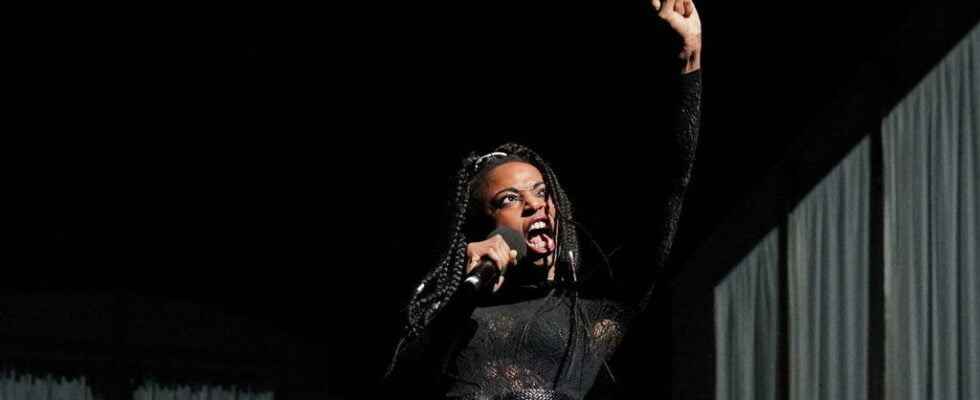Catherine Marnas directs “A bright room called day” by Tony Kushner at the Théâtre du Rond-Point in Paris. A play which brings together three eras and which warns against the recurring traps of history.
It is a piece which speaks of great history, but which resonates in a very contemporary way. It oscillates between three temporalities: our year 2021, the New York of the 80s in the America of Ronald Reagan and the Berlin of the beginning of the 30s, those of the slow and inexorable rise of the fascist poison in Germany. of the Weimar Republic, which will lead to the election of Adolf Hitler.
Creating a dialogue between these three eras is also what theater allows. Its great strength is to question us, to ask questions, to put iron in the wound, and to sound the alarm, to warn us, so that history does not repeat itself. This is what we say to ourselves when leaving the Renaud-Barrault room of the Théâtre du Rond-Point in Paris, leaving this play which mixes eras and actors in a cabaret atmosphere, and in which the Devil invites himself in person.
At the staging, Catherine marnas, who directs the National Theater of Bordeaux in Aquitaine. Tony Kushner’s “A Bright Room Called Day” is on view until December 5, 2021.
